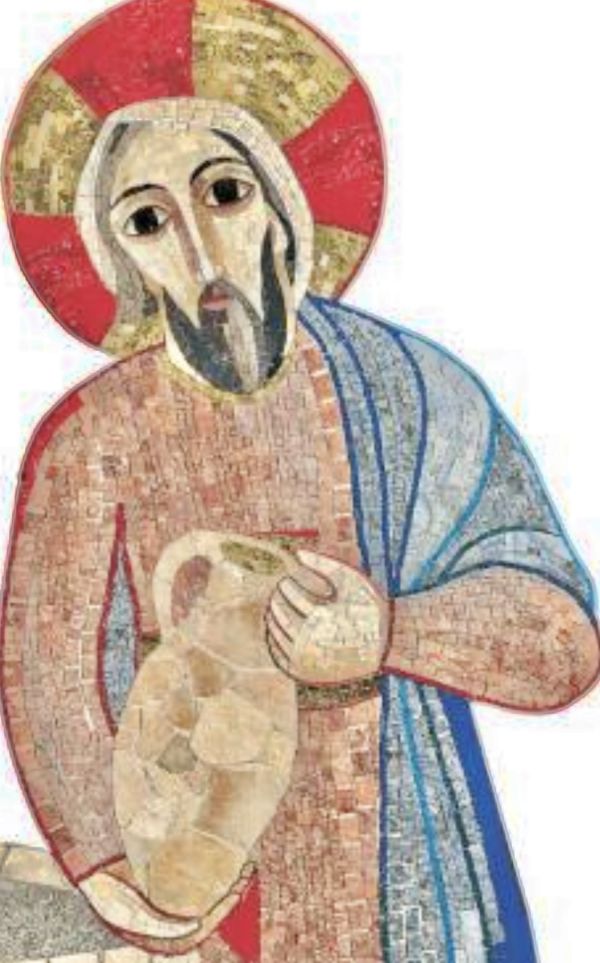Real life in Jesus - condemned for living against the tide
(Jn 17:11b-19)
In Asia Minor, fraternities of the sons of God were easily targeted - harmless, yet considered a bombshell for that system.
World that did not want any alternative truth to enter its social and cultural imaginary.
Introduced in the death-resurrection of Christ, the communities of Faith were living as one big family, united in charity and mutual understanding - not according to already configured social obligations.
In the churches, the warmth of fraternal relationships could be perceived: a nucleus of alternative society to that of the empire, which on the horizon of its well-run universe excluded the access of the humble and needy.
Faith was playing on the edge.
In this context, Jesus asks the Father for an intimate custody of believers, consecrated in Him (vv.11-13.17.19)... not to remove them from tribulation, but for evangelization.
By proceeding the path of Exodus in His own intimates, and immersing Himself in the situations, his Person, Word, and affair prolonged the Gesuan act of the consecration of the world [according to Semitic categories].
Not a kind of protection of sisters and brothers, in the manner of a pagan deity, but to live the fullness of the Beatitudes.
All of this, within the framework of deep discernment, and capacity for incisive action - induced by the fraternal atmosphere and the sense of divine approval, with no more external diktats.
It was the "power" of the «Name» (vv.11-12): the reality of the new Face of the Most High, as revealed in the problematic story of the Son.
Primordial, intimate and empathic Energy, which in the same glorious and paradoxical terms invested the disciples, the called to manifest the divine condition; the becomed ones ‘as Christ’.
Even in the face of hardship, mockery and repulsion of others, in the mutual love lived in community, in the conviviality of the differences of faithful and assemblies, God's therapy and revival was manifested.
The Father revealed Himself unforeseeable love, precisely in the manifestation of this ‘Unity’.
But even Jesus' presence failed to protect Judas from self-destruction.
His case is a special result, precisely because he did not trust in love and the Word of the Life.
Victim of conditioning and calculation by false external guides.
This explains the exclusion of the «world» from Jesus' prayer (v.9).
Jesus promises a counter joy: genuine happiness, the gladness of radical 'differences'.
Not the cheerfulness guaranteed by the opulent and dispersive environment of the cosmopolitan emporium of reference in Jn: Ephesus [especially the harbour and the Artemision].
Christ did not wish to ensure the hilar frenzy of a religiosity contaminated by ambivalence and profit.
«Keeping in the Name» (v.11) should have been: having access to the Father, in the Son; precisely in the Gratis and raw experience of the carpenter's son, so harassed by the authorities.
In Him - by radiating his eccentricity, transparency, and selflessness - to build Unity.
Only in the awareness of this intimate seed pearls and concatenation could disciples devote their lives to witnessing Other beliefs - even in a climate of social intimidation.
Jesus turned his concern into prayer.
[Wednesday 7th wk. in Easter, June 4, 2025]












